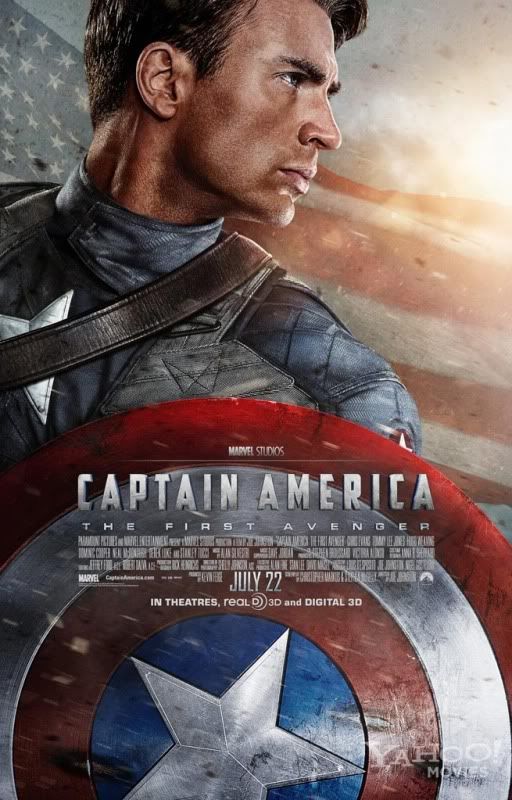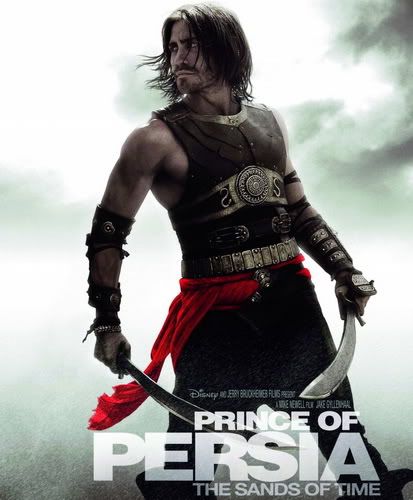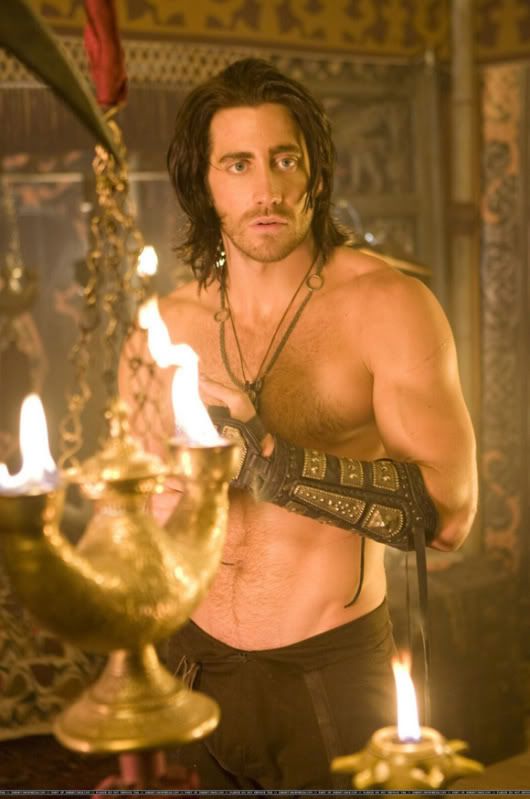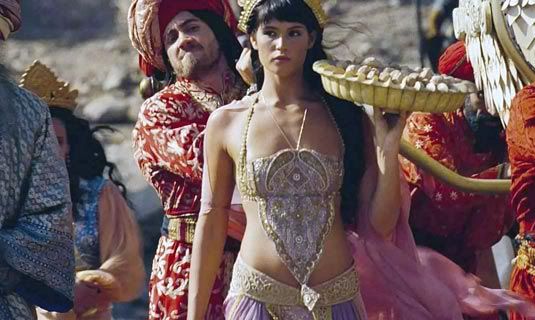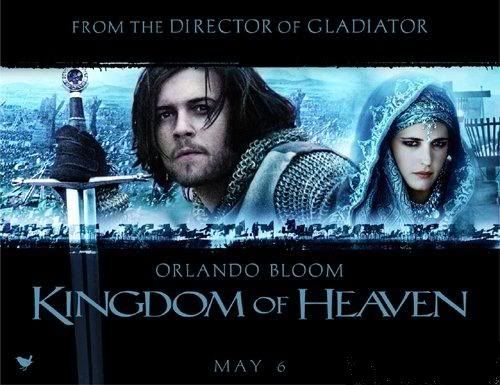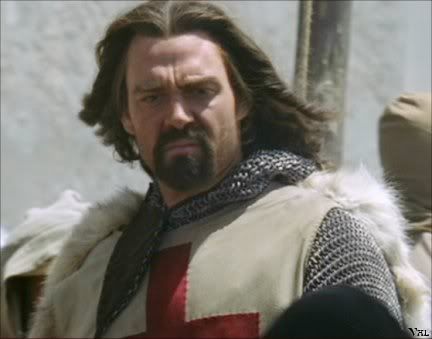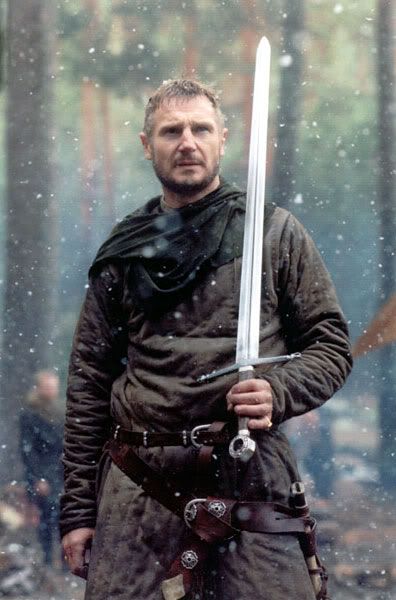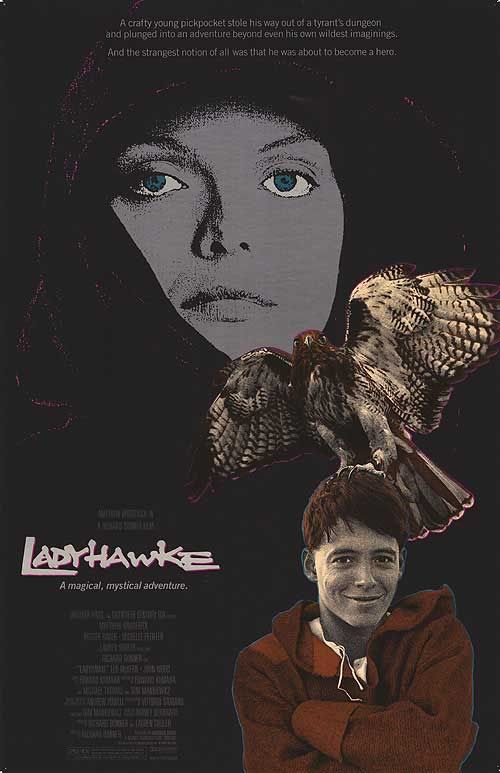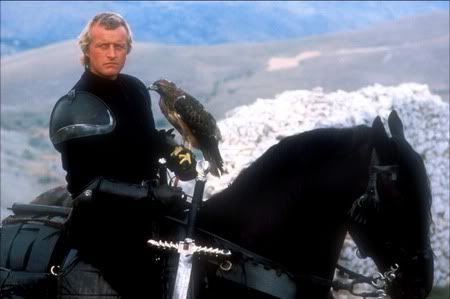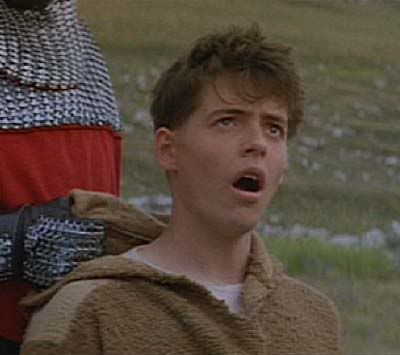A little something different this week… thanks to Jonny at Non-Social Media.
Original Text:

You wouldn’t think, at first glance, that the actors Errol Flynn, Kevin Costner, Cary Elwes and Russell Crowe have all that much in common other than their profession. We are, after all, talking about actors from different genres and even eras of film. However, they have now all portrayed versions of perhaps the most famous rogue of British folklore: Robin Hood. Flynn’s Robin was a man of high adventure, Costner’s was barely British and Elwes was in a spoof. As for Russell Crowe, his Robin was the central character in Ridley Scott’s 2010 more ‘historical’ adaptation of the story, and by ‘historical’ I mean that very special kind of history that conflates years of people and events into something that fits a theatrical running time and the attention spans of your typical movie-going audience.
While in the past Robin has always been at least peripherally attached to noble title and lands in Nottinghamshire, this time around our hero is plain Robin Longstride, an archer in Richard the Lionheart’s army of the Third Crusade. Robin himself isn’t much of a holy warrior, though, and when he makes his distaste for the slaughter of innocents over the name given to inscrutable omnipotent beings known to his sovereign, he’s put in the stocks. Richard gets himself killed and Robin takes it upon himself to escape, but not before stumbling across a few plot-relevant items that give him a way back to England. Events unfold around him that will set him on the path of becoming an outlaw whose fame will live on hundreds if not thousands of years after he’s dead.
Historical fiction is a road both Ridley Scott and Russell Crowe have walked down before. Crowe has been a lifelong fan of the legendary archer, but was never quite satisfied with the way Hollywood portrayed him. Scott, on the other hand, found a spec script in 2007 that tried to take the legend in a new direction. However, he eventually became dissatisfied with the evolution of the story, and what had begun as a revisionist film of the legend called Nottingham became a film simply entitled Robin Hood, styling itself as a Crusades-era Batman Begins.
For the most part, this actually works. We have a brilliantly talented cast, with nuanced and interesting characters delivering well-paced and balanced dialog in period settings that feel, for the most part, authentic. I get the feeling that this sort of thing has become something of a comfort zone for Ridley Scott, and all of the main selling points of Kingdom of Heaven are present here. From gorgeous shots of the English countryside to the inclusion of historical figures like Eleanor of Aquitaine, this film has a lot going for it.
Of course, true history buffs are likely to be somewhat put off by Scott’s interpretation of historical events. Things take place years before they actually happened, perpetuated by different people. Some figures meet ends differently than they did in life and liberties are taken with important documents and items. And like Kingdom of Heaven, at least in the theatrical release, some elements of the plot feel cobbled together with rubber cement and a staple gun. There’s at least a couple bits missing that would have smoothed out rough patches in the story, and some elements feel like holdovers from the original Nottingham notion. That’s not likely to be the case, however, as the writers of that original treatment were shouldered out of the production entirely. Now you’ll need to poke around online to see what they originally had in mind.
As much as it seems harsh that the original creative spark for the movie was removed from the hands of those writers, the end result could certainly have turned out worse. Prequels, by and large, have earned a stigma for being unnecessary works of fiction that fill in too many of the blanks audiences would probably prefer to populate themselves. While I can’t help but agree with the spirit of this sentiment, if a work is aiming to present the origins of a character in an intelligent, relatable and at least somewhat unique (but not superfluous) manner, I’m inclined to give it the benefit of the doubt. Like the aforementioned Batman Begins or X-Men: First Class, Robin Hood gives us a look at a character we think we knew in a way that we can understand, relate to and cheer for. Prequels may not always be necessary stories, but if the job is done well enough, the story will still feel worth telling.
While the mileage of this film with the individual film-goer is likely to vary, I do feel that Robin Hood does its job with more than adequate aplomb. Some of the moments in the third act feel a bit over-the-top, most notably King John’s declaration at the end, and I am curious as to how a Director’s Cut of this movie would compare to its original release. However, in its theatrical version, the story is relatively free of overt contrivance, the characters are solid and the acting is poignant without being melodramatic. Some may feel there are too many echoes of Braveheart or Gladiator or other movies here, but Robin Hood manages to find its own place and I feel it’s worth seeing since its merits do outweigh its flaws.
There are some universal things present here, outside of the legend of Robin Hood: Don’t get into a swordfight with Russell Crowe, don’t make Kevin Durand (here playing Little John) angry, and most of all, do not mess with Cate Blanchett anywhere near a forest. You piss off Galadriel or perpetuate wickeness in her wood, you are entering a world of pain.

